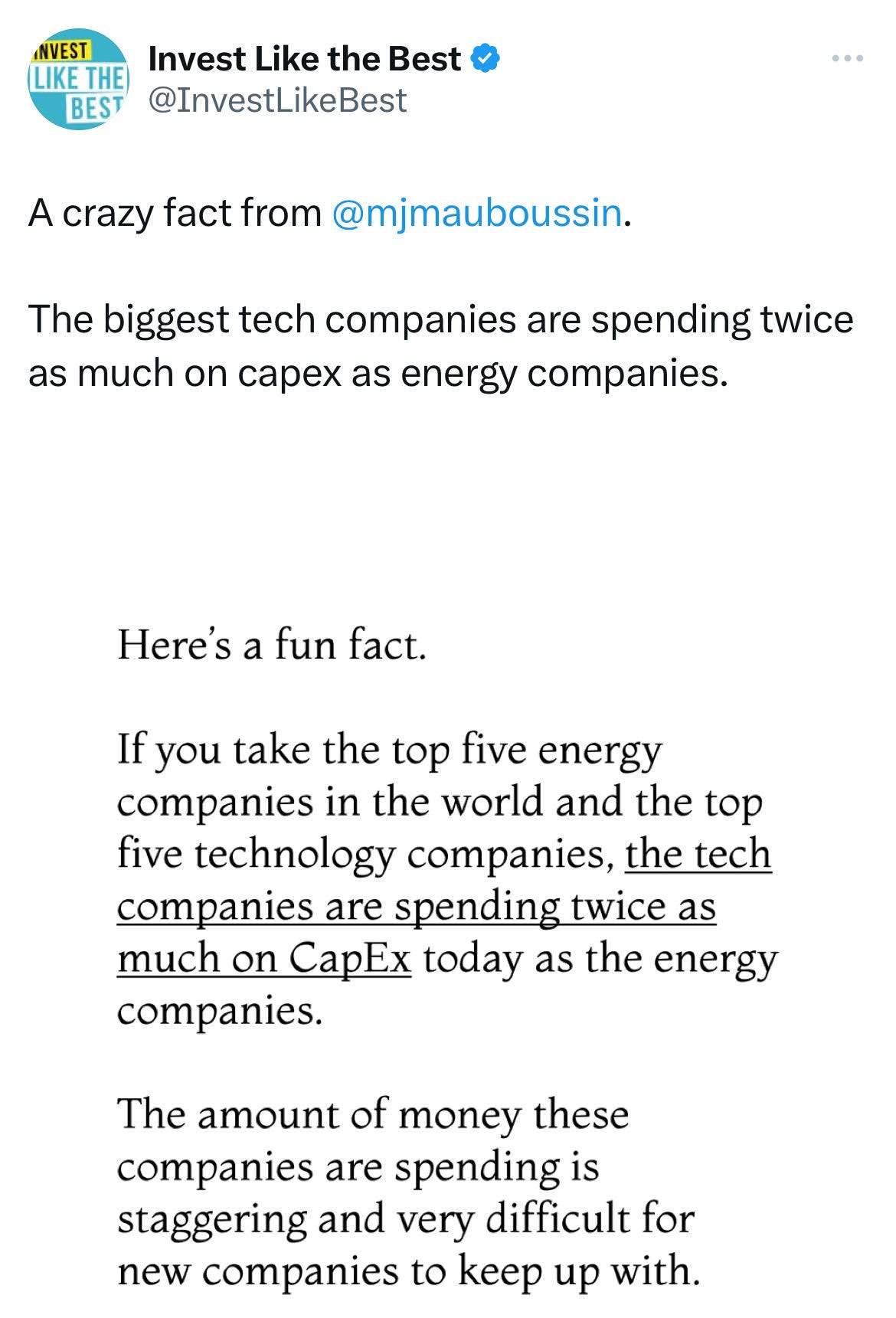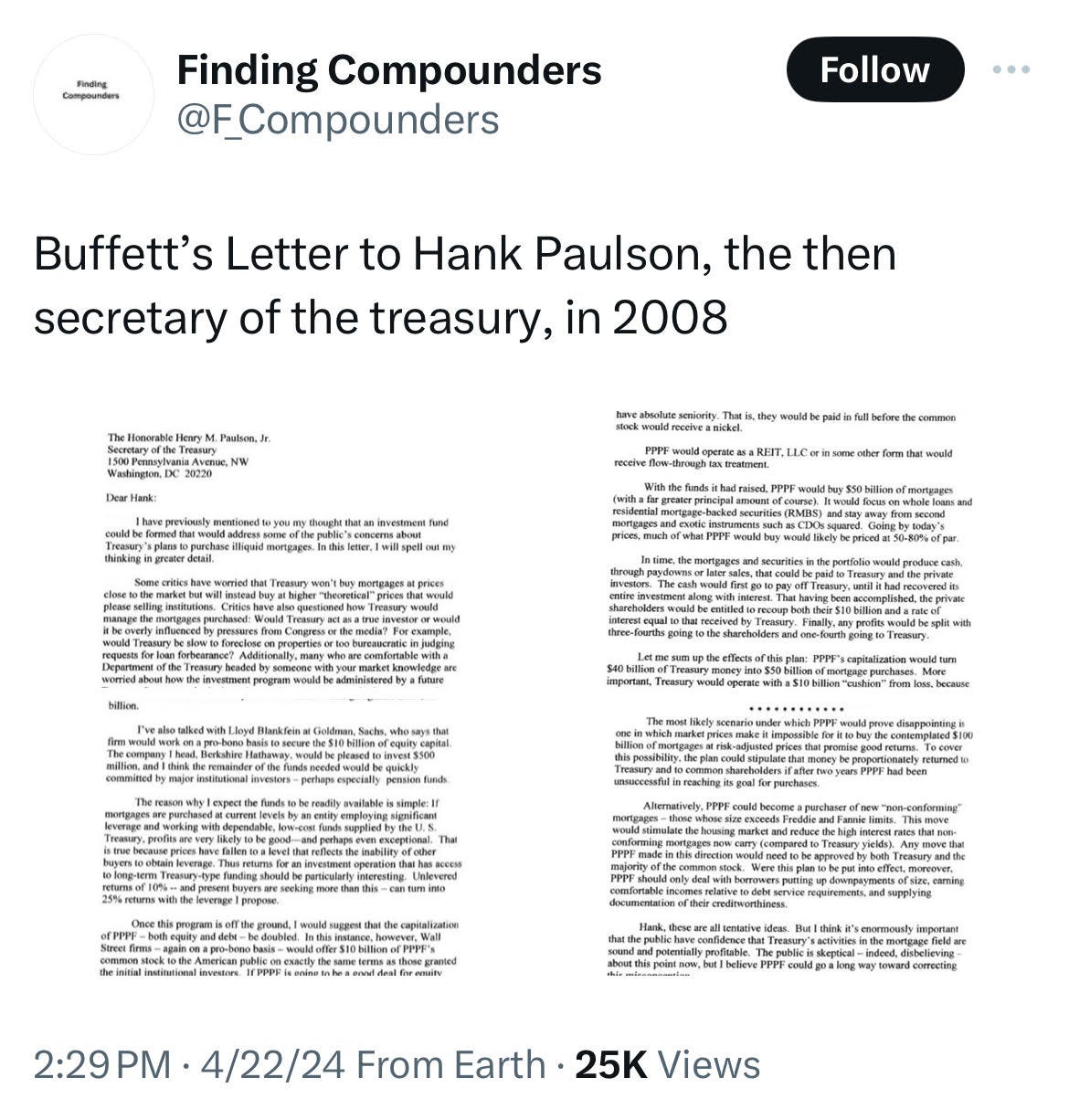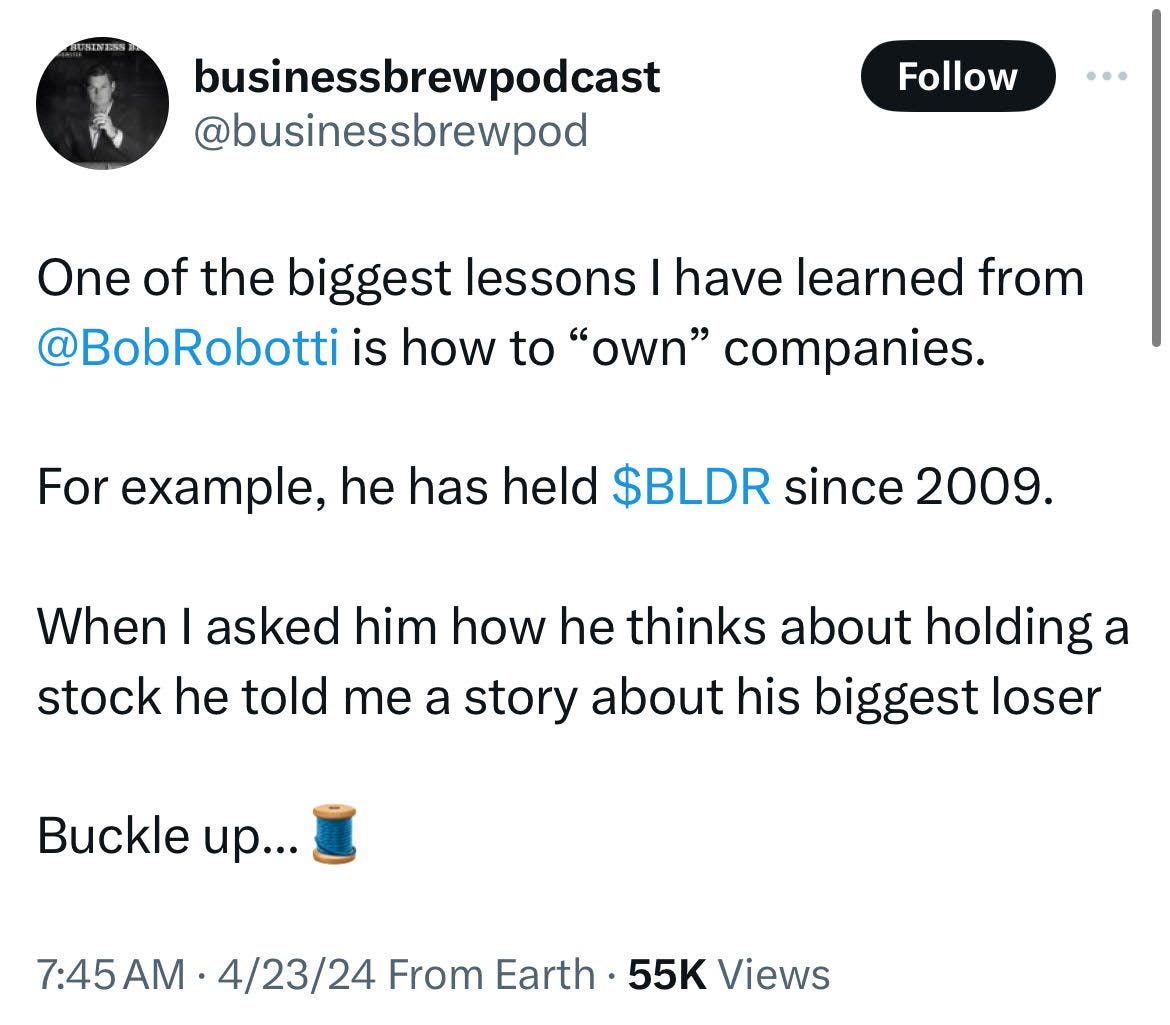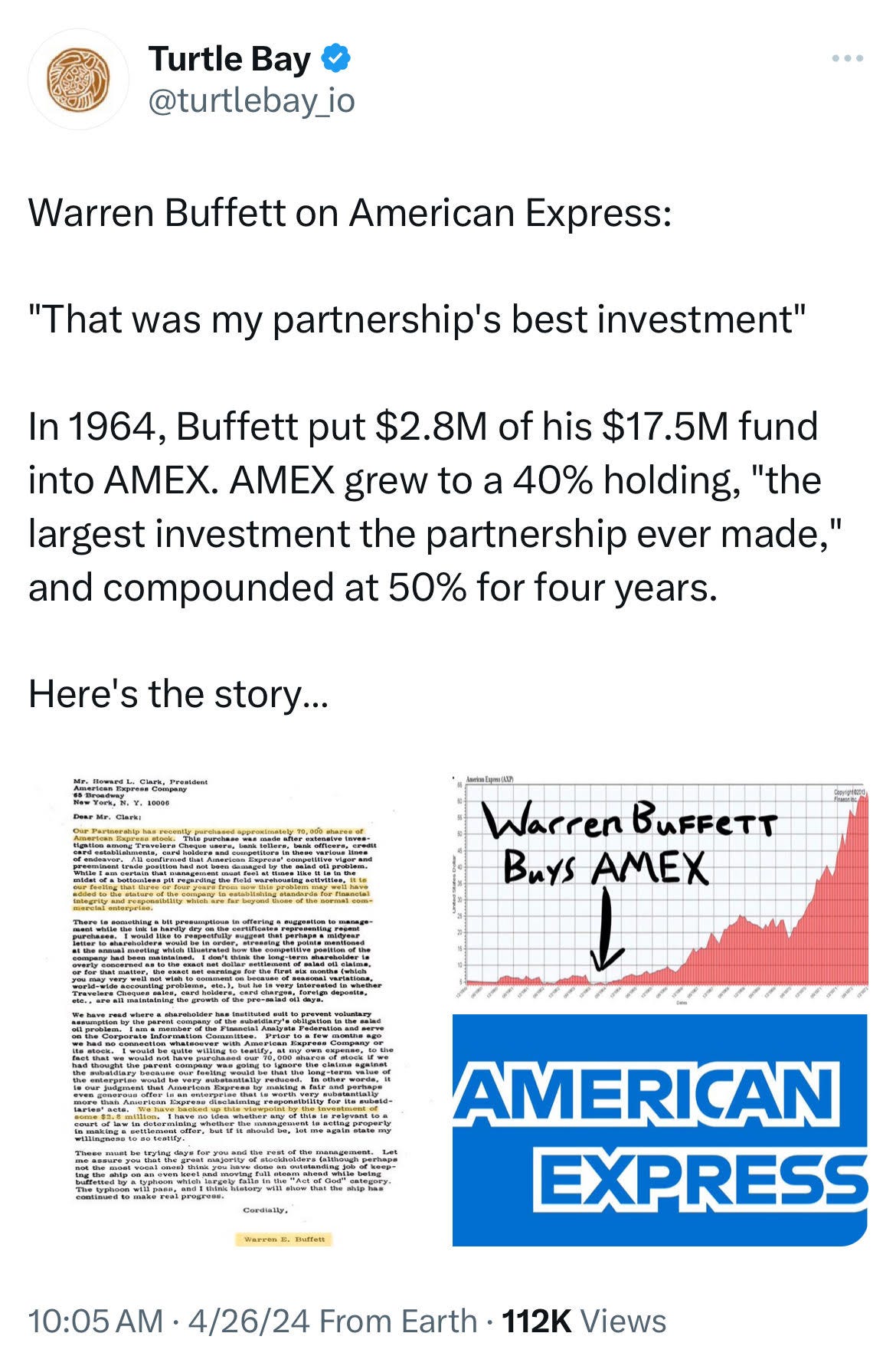Commercial Success
Stock markets recovered some of their recent losses last week. The S&P 500 was up 2.7%, and the Nasdaq rose 4.2% after rising more than 2% on Friday alone.
That big Friday move in the Nasdaq saw continued volatility—this time, upward—in the shares of Nvidia and Super Micro Computer, which have garnered so many headlines. And it also saw shares of Alphabet climb more than 10% on the day.
While much attention is given to the AI technology leaders of today, many questions still remain about how things will play out during the next several years. The valuations of many stocks, especially the likes of Nvidia and Super Micro, for example, assume a level of success that stretches far, far, far into the future.
And that may happen. However, the unfolding of new technologies is hard to predict. And today’s commercial success doesn’t necessarily guarantee success in three, five, or ten years and beyond, as today’s valuations of certain companies might suggest. Competition tends to make things more difficult, and many of today’s leaders will be forced to continually adapt to remain leaders. As described in the book Engines That Move Markets:
Winning the technology battle is no guarantee of commercial success. Nor does the best technology always win. In many cases, once a new technology has been demonstrated to work, it is followed by fierce competition from scores of rival producers to bring it into commercial production and viability. This inevitably lessens the possibility that investors can pick the eventual winners; and lessens also the scale of the returns that they stand to make even if they do successfully pick out the best technology. The winners of these competitive struggles are not always those who have the best technology, but those who can most clearly see the way that an industry or market is likely to develop. It is not clear whether Amazon necessarily had the best technology, but it is hard to argue that it did not have the vision. The path was clearly and unambiguously articulated by Jeff Bezos, and all contemporary accounts of Amazon point to his messianic zeal in driving the company to its position as the low-cost distributor with the highest reliability.
A company that has the capability to implement the right market strategy can overcome the disadvantage of having technology which is not necessarily superior. Microsoft is perhaps the best-known modern example, but there are others. Microsoft has consistently been managed against a vision of the future that has proven largely accurate, but it has also been swift to react when its original thinking was proved wrong. However, Microsoft was unable to navigate the shift to mobile platforms successfully, suffering the ignominy of losing the dominant share of the mobile market to Google’s Android operating system.
Even businesses you might think are less prone to technological disruption face similar fates if they can’t adapt—or if a new technology is invented to ruin their business economics. Berkshire Hathaway faced this kind of situation back in its textile mills days, as described by Charlie Munger in his talk “A Lesson on Elementary, Worldly Wisdom as It Relates to Investment Management and Business”:
The great lesson in microeconomics is to discriminate between when technology is going to help you and when it’s going to kill you. And most people do not get this straight in their heads. But a fellow like Buffett does. For example, when we were in the textile business, which is a terrible commodity business, we were making low-end textiles, which are a real commodity product. And one day, the people came to Warren and said, “They’ve invented a new loom that we think will do twice as much work as our old ones.” And Warren said, “Gee, I hope this doesn’t work—because if it does, I’m going to close the mill.” And he meant it.
What was he thinking? He was thinking, “It’s a lousy business. We’re earning substandard returns and keeping it open just to be nice to the elderly workers. But we’re not going to put huge amounts of new capital into a lousy business.” And he knew that the huge productivity increases that would come from a better machine introduced into the production of a commodity product would all go to the benefit of the buyers of the textiles. Nothing was going to stick to our ribs as owners.
That’s such an obvious concept—that there are all kinds of wonderful new inventions that give you nothing as owners except the opportunity to spend a lot more money in a business that’s still going to be lousy. The money still won’t come to you. All of the advantages from great improvements are going to flow through to the customers.
When analyzing any potential investment, separating what’s important from what’s knowable is important. Valuations are important. Business growth and success are important. Judgment about whether or not current valuations reflect what will unfold in the future is where things get more difficult—especially when one pays a high price for a great story.
Tweets of the Week
Paper Trails Podcast S3E10 | Investor and Entrepreneur owner Michael Pruitt
Co/Investor Club Founder, Mike Pruitt was interviewed on the Paper Trails Podcast. Listen as Mike speaks on his early days playing collegiate baseball and moving to Monroe, NC, the success principles baseball taught him, and the life lessons he’s learned from business ownership.
In Case You Missed it…
Valuation Multiples - by Michael J. Mauboussin and Dan Callahan
Meta and Open - by Ben Thompson
Why JPMorgan CEO Jamie Dimon Is Skeptical of an Economic Soft Landing | WSJ (video)
The News is Making You Miserable
Invest Like the Best Podcast: Bill Gurley & Michael Mauboussin - Putting Theory into Practice
The Investor’s Podcast: TIP626: Intelligent & Rational Long-Term Investing w/ François Rochon
Founders Podcast: #346 How Walt Disney Built Himself
If you have not already upgraded your membership…
Avenel Financial Group, a merchant banking and advisory firm located in Charlotte, NC, launched a business venture called the Co/Investor Club. The Co/Investor Club is a community of value-oriented investors that collaborate on investment opportunities and ideas. You are receiving this newsletter because you are a Free or Premium Member of the Co/Investor Club!
Chat with Mike
Whether you’re an executive with investment opportunities or a college student looking to network, we would love to chat with you! Email our Founder, Mike Pruitt, at mp@coinvestorclub.com with questions and ideas or schedule a meeting.
Don’t forget to follow us on social media too!
Twitter: @coinvestorclub1
LinkedIn: Co/Investor Club
For our disclaimer, please visit our website.
Have friends that want to join? The Co/Report is public, so feel free to share!
Thank you for reading. Co/Report grows through word of mouth. Please consider sharing this post with someone who might appreciate it.









